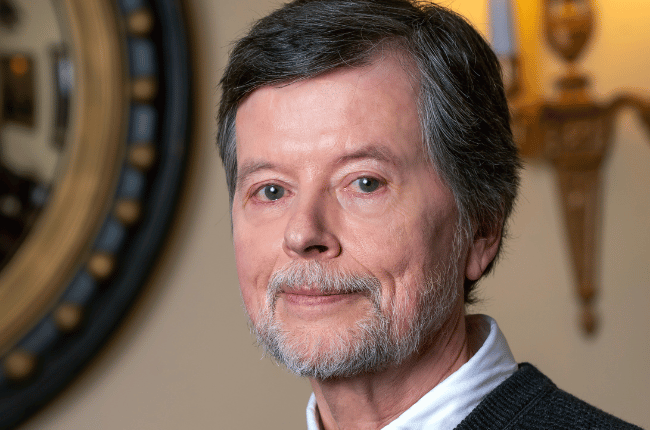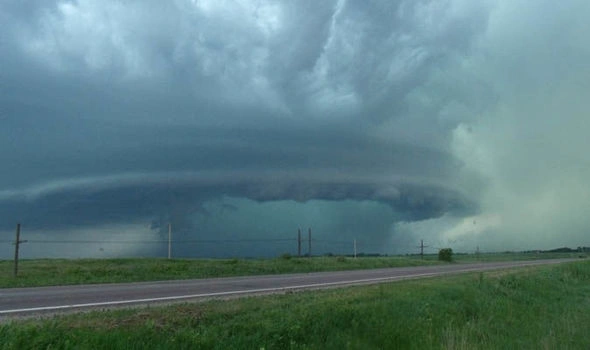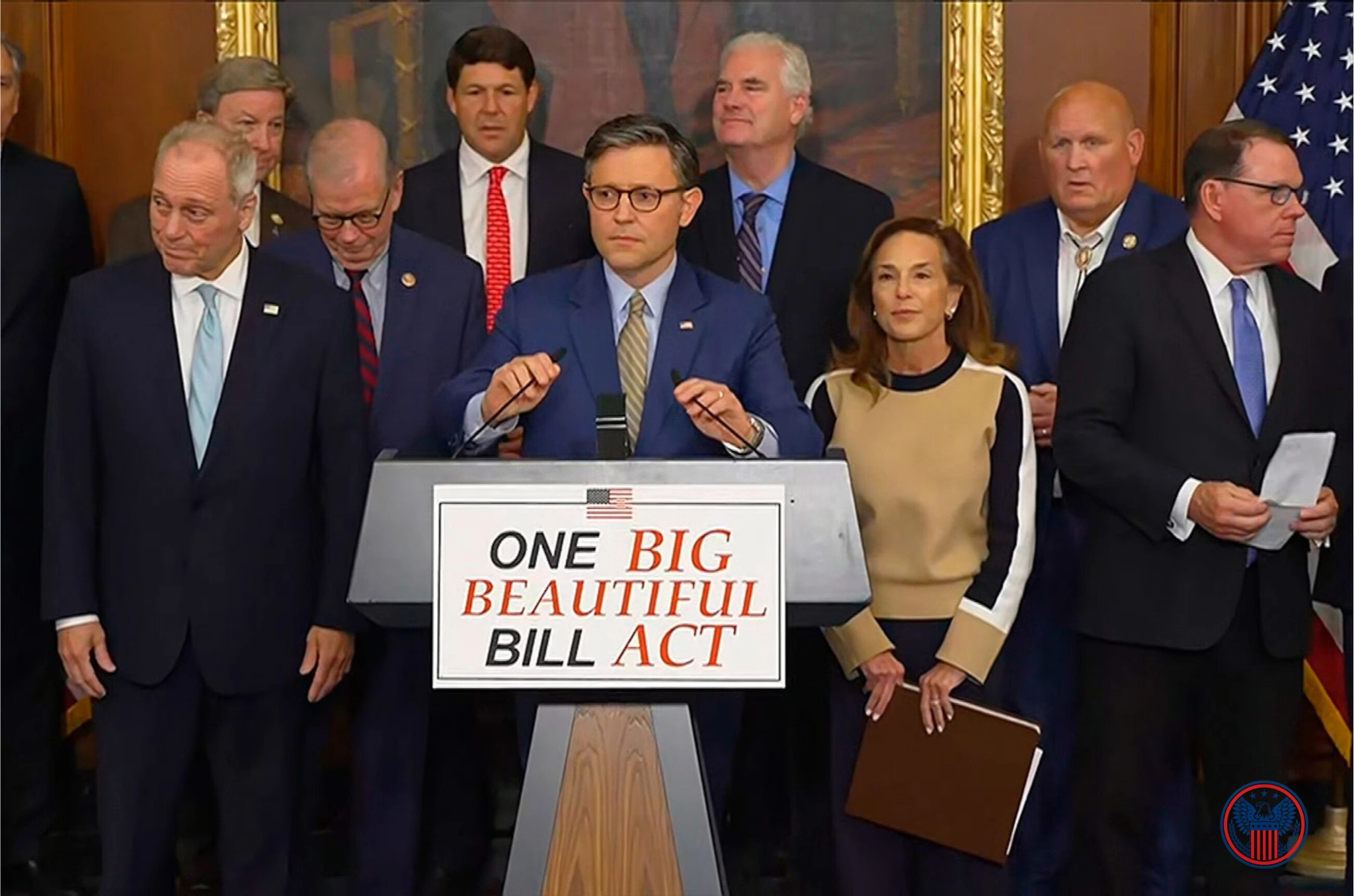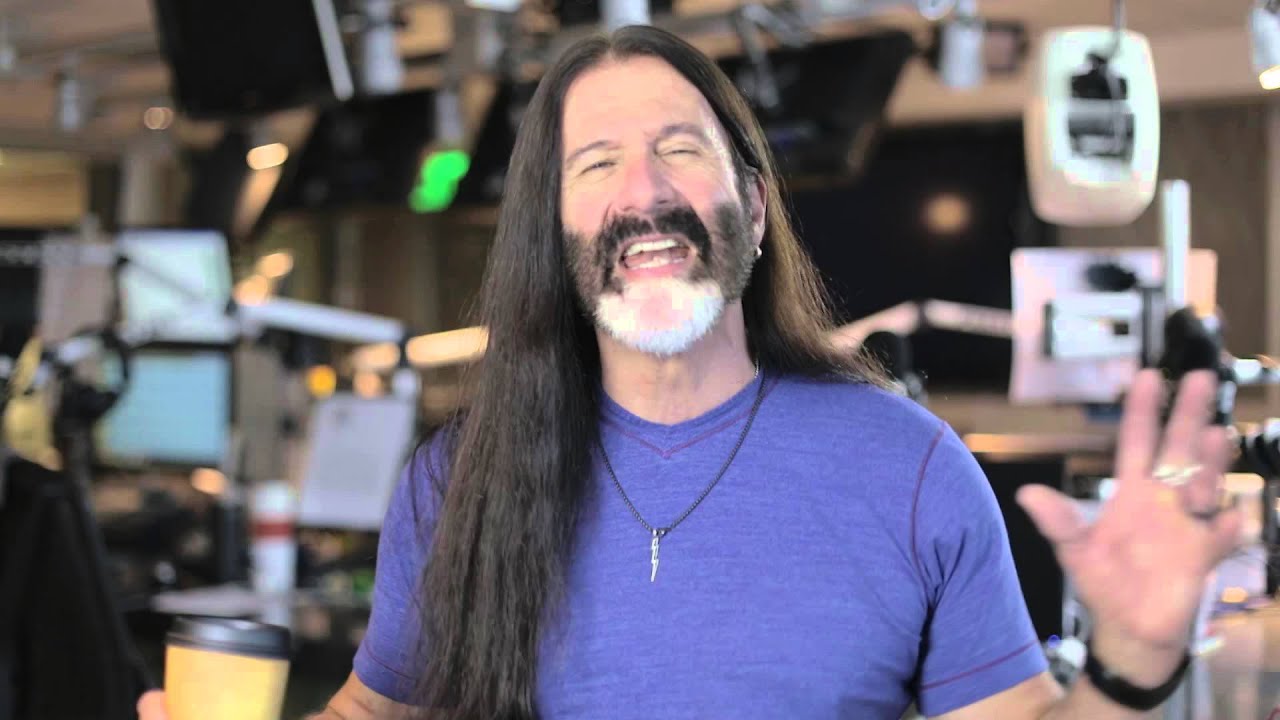Ken Burns Slams “Shortsighted” PBS Funding Cuts as Senate Showdown Looms
Granite Falls, MN — In rural western Minnesota, where tornado warnings can mean life or death, Shari Lamke grips her desk at Pioneer PBS. Federal funding — 29% of her station’s budget — just vanished. “This funding is irreplaceable,” she says. “The loss would impact the safety of our citizens”.
Five hundred miles away at Thomas Jefferson’s Monticello, documentary icon Ken Burns faces his own battle. As his six-part series The American Revolution prepares for a November premiere on PBS, the network sustaining his 40-film career is under unprecedented threat. “I couldn’t do any of my films without PBS,” Burns told CBS News. “Streaming services wouldn’t give me 10 years”.

The Funding Firestorm
Last month, the House voted 214-212 to rescind $1.1 billion from the Corporation for Public Broadcasting (CPB) — funds already approved for 2026-2027. Four Republicans broke ranks, but Speaker Mike Johnson secured last-minute vote switches to pass the measure.
President Trump’s May executive order accelerated the assault, directing agencies to “cease direct funding” to PBS and NPR, calling them “left-wing propaganda”.
For Burns, this is déjà vu. He testified before Congress in the 1990s defending CPB. Now 71, he’s sharper than ever: “This seems foolhardy… It mainly serves rural areas where PBS may be the only signal they get. Homeland security, crop reports, weather emergencies — that, we’re going to take away?”.
Rural America’s Lifeline at Risk
- Pioneer PBS (MN/SD/IA): Federal cuts threaten 29% of its budget, jeopardizing emergency broadcasts when cell towers fail.
- Alaska Stations: Up to 70% federally funded. Senator Lisa Murkowski warned: “They will go under”.
- Nationwide: 15% of PBS stations’ budgets rely on CPB, spiking to 50% in rural regions.
When wildfires ravaged California’s Mendocino County last year, community radio station KZYX became the sole emergency broadcaster. “PBS signals carry FEMA alerts commercial networks drop,” said GM Larry Langwell. “Without CPB, rural America goes dark”.
Legal and Legislative Counterattacks
PBS and NPR sued the administration on May 30, arguing Trump’s order violates the First Amendment by punishing perceived bias. Historically, courts have blocked similar funding overreaches.
In the Senate, Republicans Collins (ME) and Murkowski (AK) openly criticized the cuts at a June 26 Appropriations Committee hearing. “There are more targeted approaches than rescinding all CPB funding,” Collins stated, noting 70% of CPB dollars support local stations
OMB Director Russell Vought conceded emergency broadcasts might survive but insisted stations should be “more judicious” with content.
Burns’ Indispensable Incubator
The filmmaker’s upcoming series exemplifies CPB’s unique role. The American Revolution — six years in production — explores Jefferson’s words as “deeply significant to people at the margins,” Burns explained at Monticello
“PBS is the Declaration of Independence applied to communications. It’s bottom-up. William F. Buckley had a show here for 32 years!”
Unlike commercial platforms demanding quick turnarounds, PBS enabled Burns’ decade-long projects: The Civil War (funded by NEH/CPB) drew 40 million viewers in 1990 — comparable to a World Series Game 7.
What’s Next: The 45-Day Clock
The Senate has until mid-August to reject the House bill or let it expire. Key factors:
- Legal Firewalls: CPB’s structure — designed to buffer politics — may shield it. A judge recently questioned Trump’s authority to fire board members.
- State Actions: While Indiana axed state PBS funding, New York added emergency grants.
- Public Pressure: 190+ station leaders lobbied Congress in May, citing PBS’s top-tier public trust ratings (Pew Research).
The Bottom Line
As Burns’ voice echoes Jefferson’s ideals — “virtue and lifelong learning” — rural stations brace for silence. Pioneer PBS may lose Sesame Street and tornado alerts alike. “Now is the time to speak up,” urges Lamke.
With the Senate vote pending, America faces more than a budget cut: a choice between shared infrastructure or fragmented darkness. As Burns told Dickerson at Monticello: “PBS will survive and be a voice of sanity”. But for stations like Pioneer, survival hangs by a $989,190 thread.








